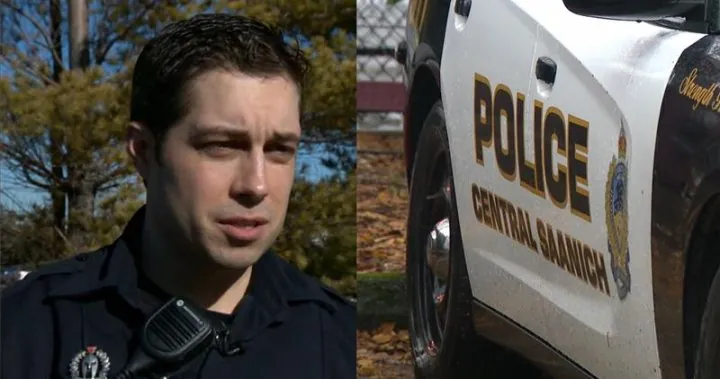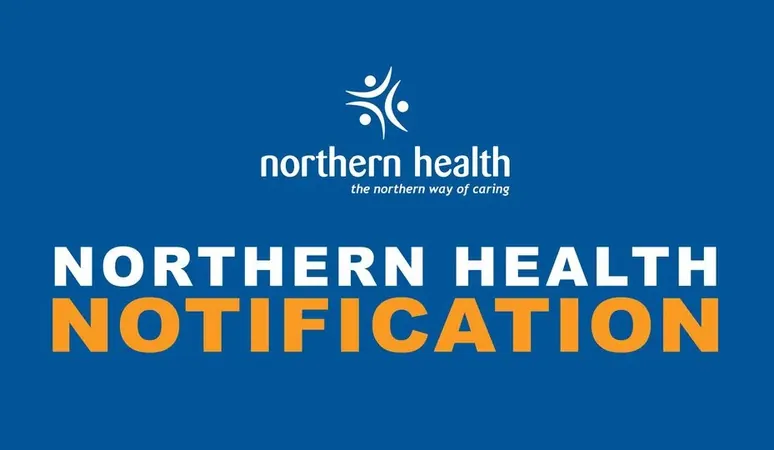
Restaurants Risk CRA Investigations for Tax Violations During Holiday Break - Here's What You Need to Know!
2024-12-18
Author: William
Overview of the Holiday Tax Break
With the holiday season upon us, restaurants across Canada must navigate the newly implemented tax break that waives the Goods and Services Tax (GST) and Harmonized Sales Tax (HST) on eligible food items and beverages. However, a recent incident has sparked concerns about compliance, and industry experts warn that businesses collecting tax during this period could face investigations by the Canada Revenue Agency (CRA).
Customer Experience during the Holiday Tax Break
Vicky Hui, a resident of Unionville, recently celebrated a friend’s birthday at a local eatery. To her astonishment, she discovered that her bill of $349.95 included a $40.20 tax charge on the same day the holiday tax break commenced. "It was completely unexpected," Hui recounted. The waitress had been unaware of the new policy, and despite Hui's complaints, the management's initial response was far from satisfactory. Fortunately, the restaurant later issued a full refund of the tax charged, along with an apology and a $75 gift card to make amends.
Warnings from Industry Experts
According to the Ontario Restaurant Hotel and Motel Association, the tax break, which lasts until February 15, means that businesses must refrain from charging tax on prepared foods, dining experiences, certain snacks, and selected alcoholic drinks. Tony Elenis, the CEO of the association, emphasized the importance of compliance, noting that restaurants that misapply the tax during this holiday period could find themselves in the crosshairs of the CRA. “If they are found to be charging GST and HST incorrectly, they could indeed face an investigation,” he stated.
CRA Confirmation on Tax Collection
A spokesperson from Restaurants Canada verified the CRA's stance following the royal assent of Bill C-78, confirming that businesses must not enforce GST/HST on qualifying items and services. The agency encourages businesses to properly assess their billing to align with the new legislation, especially regarding the timing of supply payments.
Delivery Service Tax Concerns
For instance, if a food delivery service charges tax on items considering when the payment is made, customers may find themselves subject to errors when the supply was actually delivered during the tax-exempt holiday. Hui’s experience has sparked wider discussions around compliance, as other consumers have reported issues with delivery services still adding taxes to their food orders.
Clarification from UberEats
UberEats has clarified that while its platform won’t apply taxes to groceries and restaurant meals ordered during this holiday period, customers may still incur taxes on delivery and service fees.
Importance of Vigilance and Awareness
As the holiday season progresses, it’s crucial for both businesses and consumers to be vigilant about their transactions. If you're wrongly charged GST/HST, know that you can claim a rebate through the GST 189 application. This situation underscores the importance of awareness regarding the temporary changes in legislation and encourages restaurants to honor the tax holiday adequately.
Conclusion and Call to Awareness
Hui expressed her contentment with the resolution of her case but aims to raise awareness among fellow diners: "Restaurants should not be collecting taxes during this timeframe, and I believe it's important for everyone to know their rights." In summary, as Canadians indulge in holiday feasts, both diners and restaurants must keep abreast of these tax exemptions to avoid potential complications and penalties down the line!









 Brasil (PT)
Brasil (PT)
 Canada (EN)
Canada (EN)
 Chile (ES)
Chile (ES)
 España (ES)
España (ES)
 France (FR)
France (FR)
 Hong Kong (EN)
Hong Kong (EN)
 Italia (IT)
Italia (IT)
 日本 (JA)
日本 (JA)
 Magyarország (HU)
Magyarország (HU)
 Norge (NO)
Norge (NO)
 Polska (PL)
Polska (PL)
 Schweiz (DE)
Schweiz (DE)
 Singapore (EN)
Singapore (EN)
 Sverige (SV)
Sverige (SV)
 Suomi (FI)
Suomi (FI)
 Türkiye (TR)
Türkiye (TR)